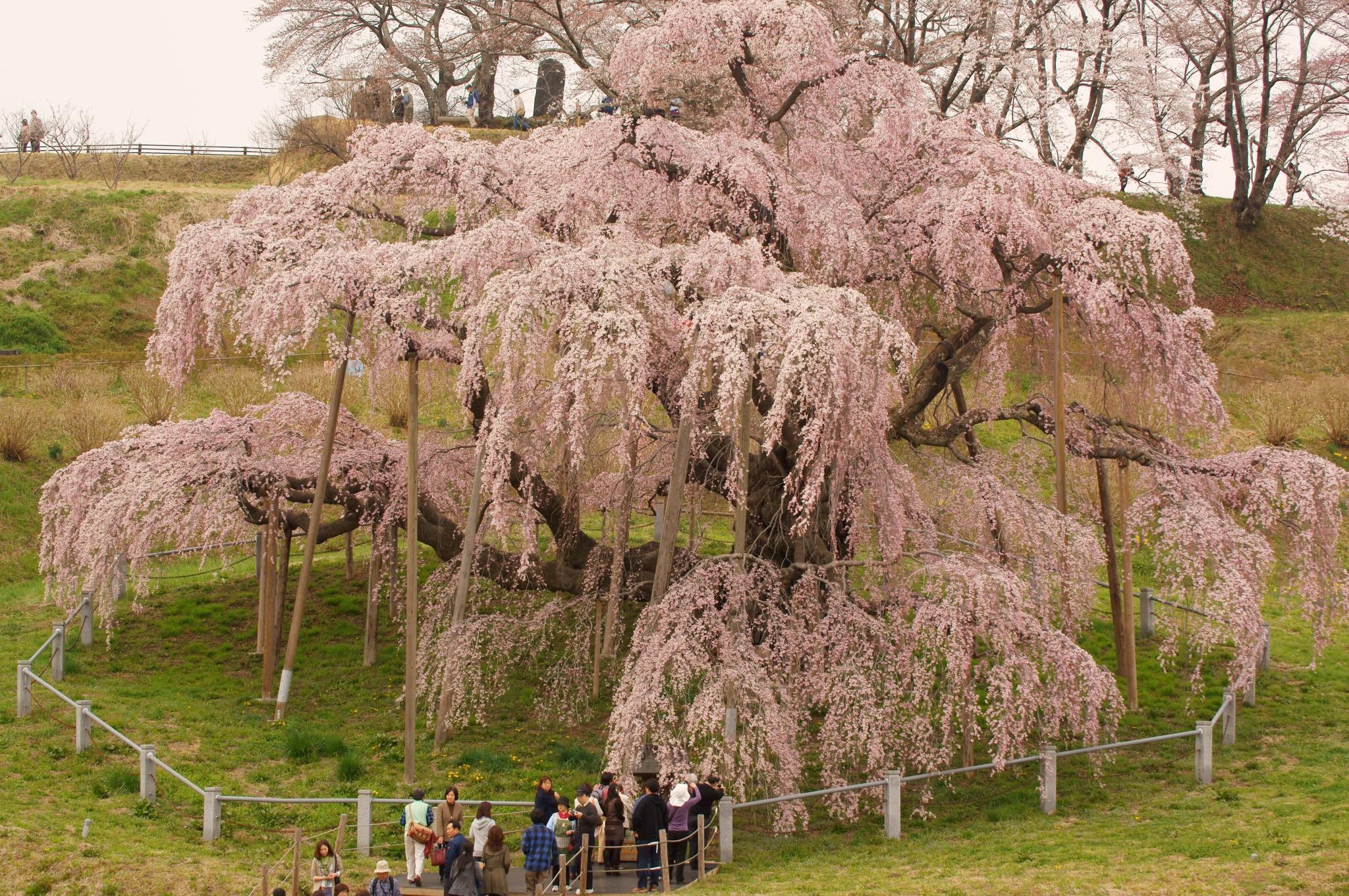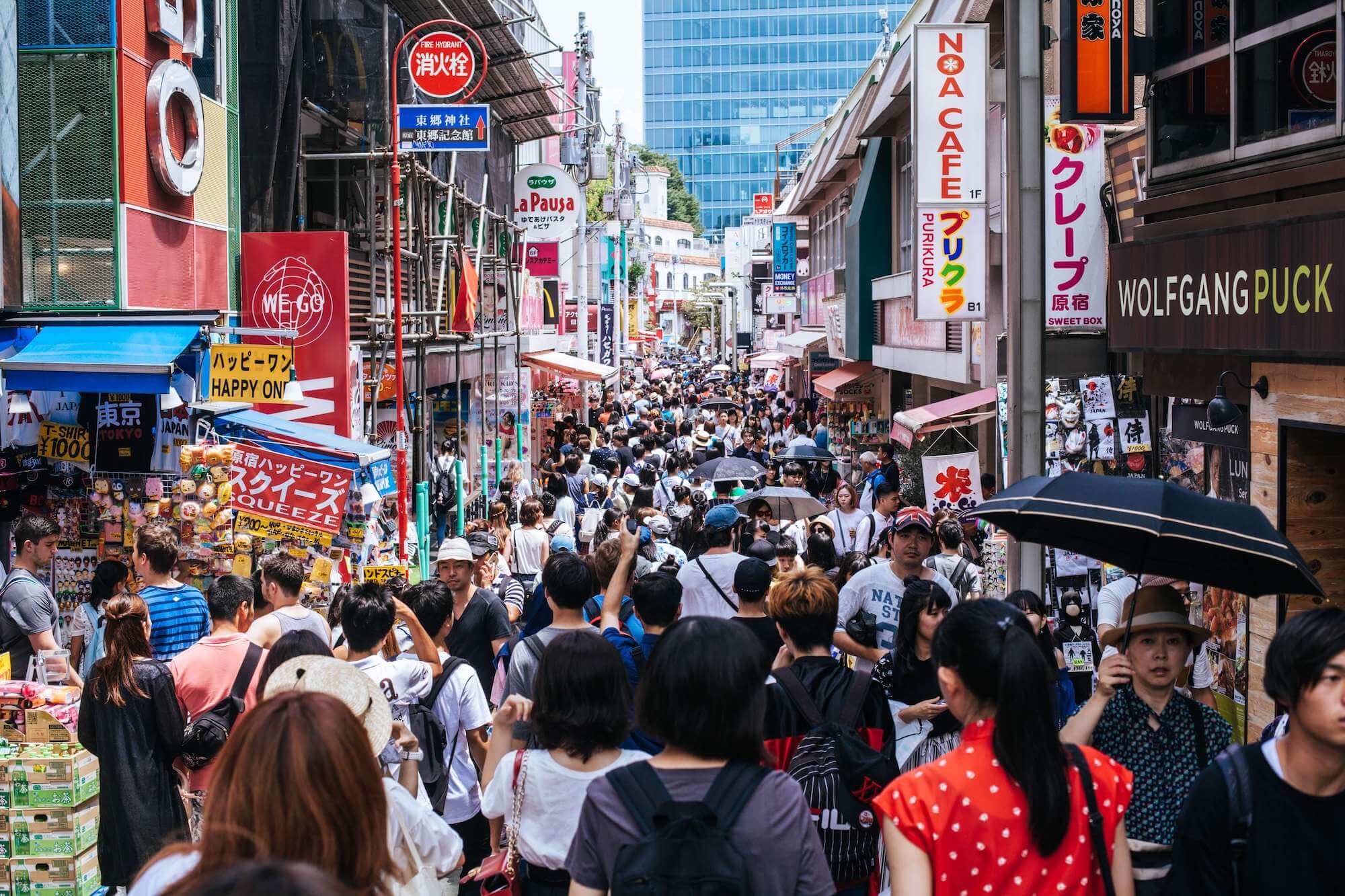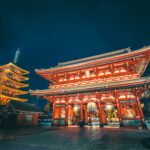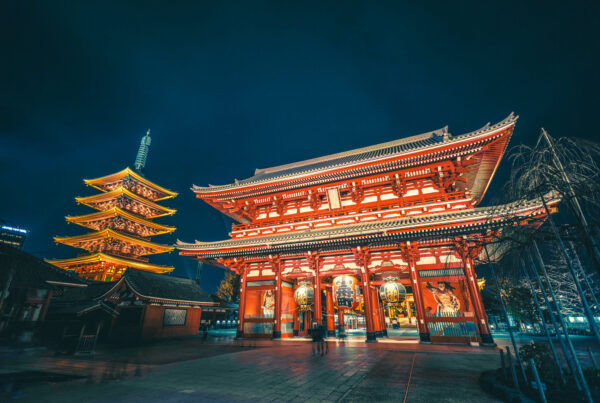Japanese cultural tapestry is woven with centuries-old ceremonies, festivals, and rituals that are juxtaposed against the backdrop of neon-lit cities and technological marvels. Central to this cultural landscape are the Japan public holidays and annual events that punctuate the Japanese calendar, each telling a story of the nation’s history, values, and aspirations.
These occasions, deeply rooted in folklore, religion, and imperial traditions, offer both locals and visitors an unparalleled insight into the heart and soul of Japan. In this guide, we embark on a journey through the calendar year of 2024, exploring the significance, traditions, and celebrations of Japan’s most cherished public holidays and annual events. Whether you’re a seasoned traveler, a curious explorer, or someone with a penchant for culture, this guide promises to be a window into the vibrant and diverse world of Japanese celebrations.
Table of Contents
January 1 – New Year’s Day (元日, Ganjitsu)
The dawn of a new year in Japan is greeted with joy, reflection, and reverence. ‘Oshogatsu’, as it’s locally known, sees families congregating to share traditional delicacies like ‘osechi ryori’ and ‘mochi’. The air is filled with the sound of temple bells ringing out the old year and welcoming the new. Many Japanese visit shrines and temples, partaking in the age-old custom of ‘hatsumode’ – the first shrine visit of the year, praying for health, happiness, and prosperity.

People will visit a shrine at midnight (or at some stage in the holiday) and say prayers asking for happiness and prosperity during the coming year. Source: Flickr/torek
January 8 (Second Monday in January) – Coming of Age Day (成人の日, Seijin no Hi)
A rite of passage for every Japanese youth, this day celebrates those who have reached the age of 20 in the past year, symbolizing their transition into adulthood. Vibrant ceremonies are hosted across the country, with young women resplendent in colorful kimonos, often with furisode (long sleeves), while the men, though mostly in western suits, can occasionally be seen in traditional ‘hakama’.
February 11 (Observed on February 12) – National Foundation Day (建国記念の日, Kenkoku Kinen no Hi)
A significant day in Japan’s historical calendar, National Foundation Day celebrates the foundation of Japan and the accession of its first Emperor, Emperor Jimmu. Rooted in mythology and ancient chronicles, this day is a testament to Japan’s rich heritage and its enduring respect for its origins. Across the country, flags are raised, and ceremonies are held to commemorate the nation’s founding. It’s a day of reflection and pride, reminding the Japanese of their roots and the journey of their nation through the ages.
February 23 – The Emperor’s Birthday (天皇誕生日, Tennō Tanjōbi)
A day of national pride and reverence, the Emperor’s Birthday celebrates the birth of Emperor Naruhito. The Imperial Palace in Tokyo, usually closed to the public, opens its gates on this day, allowing citizens and tourists alike to catch a glimpse of the Emperor and the royal family as they make their public appearances.
March 20 – Vernal Equinox Day (春分の日, Shunbun no Hi)
Marking the arrival of spring, Vernal Equinox Day is a time to celebrate nature and living things. Families often visit graves to pay respects to ancestors, and many enjoy the blooming flowers and warming weather that heralds the new season.

Captivating cherry blossoms in full bloom, heralding the arrival of spring on Vernal Equinox Day in Japan. Credit: Flickr/ayumew
Late April to Early May – Golden Week
Golden Week is a much-anticipated period comprising four national holidays within seven days. Starting with Showa Day, which remembers Emperor Showa (Hirohito), and culminating in Children’s Day, which celebrates the happiness of children, this week sees a flurry of travel activity, with many Japanese taking the opportunity to vacation or visit their hometowns.
April 29 – Showa Day (昭和の日, Shōwa no Hi)
Dedicated to the reign of Emperor Showa (Hirohito), this day encourages public reflection on the events of the Showa era. It’s the beginning of the Golden Week, a series of holidays in Japan.
May 3 – Constitution Memorial Day (憲法記念日, Kenpō Kinenbi)
Commemorating the promulgation of the post-war constitution in 1947, this day is a reflection on democracy and the rule of law in Japan.
May 4 – Greenery Day (みどりの日, Midori no Hi)
A day dedicated to nature and the environment, Greenery Day encourages appreciation for nature’s blessings and promotes environmental conservation.
May 5 (Observed on May 6) – Children’s Day (こどもの日, Kodomo no Hi)
The final holiday in Golden Week, Children’s Day celebrates the happiness and well-being of children. Families fly colorful carp-shaped flags and display samurai dolls to wish their children strength and success.
July 7 – Tanabata (たなばた, Star Festival)
Steeped in celestial lore, Tanabata commemorates the romantic tale of two deities, Orihime and Hikoboshi, represented by the stars Vega and Altair. According to legend, they are separated by the Milky Way and are allowed to meet just once a year on this day. Streets are adorned with colorful paper decorations, and people pen their wishes on strips of paper, hanging them on bamboo branches.
July 15 (Third Monday in July) – Marine Day (海の日, Umi no Hi)
Celebrating the blessings of the oceans and seas, Marine Day is a time for beach outings and marine-themed events. It’s a day to appreciate the maritime heritage of the island nation.
August 11 (Observed on August 12) – Mountain Day (山の日, Yama no Hi)
Dedicated to the appreciation of mountains, this day encourages people to explore and enjoy the natural beauty of Japan’s mountainous terrain. It’s a celebration of nature’s grandeur and the spiritual significance of mountains in Japanese culture.
Mid-August – Obon Festival
A poignant Buddhist festival, Obon is a time to honor the spirits of departed ancestors. Families come together, cleaning graves and offering prayers. The evenings come alive with ‘Bon Odori’, traditional dances performed around a tower with taiko drums. The festival concludes with the floating of lanterns on rivers, symbolizing the return of spirits to the afterlife.
September 16 (Third Monday in September) – Respect for the Aged Day (敬老の日, Keirō no Hi)
In a country that deeply values its elderly, this day is dedicated to celebrating their wisdom, experiences, and contributions to society. Various events and ceremonies are organized across Japan to express gratitude and honor the senior citizens.
September 22 (Observed on September 23) – Autumn Equinox Day (秋分の日, Shūbun no Hi)
As day and night become equal, the Autumn Equinox marks the transition from the warm days of summer to the crisp chill of autumn. In Japan, it’s a day to honor past generations, visit family graves, and celebrate the bounties of nature.
October 14 (Second Monday in October) – Sports Day (体育の日, Taiiku no Hi)
Celebrating the spirit of athleticism and promoting physical and mental well-being, Sports Day is a testament to Japan’s commitment to health and fitness. Originally established to commemorate the Tokyo Olympics of 1964, the day sees a myriad of sports events and activities taking place across schools, communities, and public arenas. From traditional martial arts demonstrations to modern athletic competitions, it’s a day where people of all ages come together to participate, compete, and cheer, fostering a sense of community and celebrating the joy of movement.
November 3 (Observed on September 23) – Culture Day (文化の日, Bunka no Hi)
A day that shines a spotlight on Japan’s rich arts, culture, and academia. From traditional performances to modern art exhibitions, Culture Day sees a plethora of events that showcase the country’s cultural heritage. It’s also the day when the prestigious Order of Culture is presented to individuals who have made significant contributions to Japanese culture.
November 23 – Labor Thanksgiving Day (勤労感謝の日, Kinrō Kansha no Hi)
A modern successor to the ancient harvest festival, this day is a tribute to workers and their contributions to society. It’s a time for reflection on labor rights, the significance of community, and expressing gratitude for the work done throughout the year.
Conclusion
The tapestry of Japan’s cultural calendar is rich, diverse, and deeply symbolic, reflecting the nation’s profound respect for tradition, nature, and community. Each public holiday and annual event tells a story, offering insights into the values, beliefs, and spirit of the Japanese people. Whether it’s the serene beauty of cherry blossoms in spring, the heartfelt reunions during Obon, or the nationwide celebrations of Golden Week, these occasions provide a window into the soul of Japan.
For travelers and enthusiasts alike, participating in or even just witnessing these events can be a transformative experience, one that deepens the understanding and appreciation of this beautiful country. As 2024 unfolds, may you find joy, inspiration, and a sense of connection in the myriad of celebrations that Japan has to offer. Here’s to embracing the old, welcoming the new, and cherishing the timeless essence of Japanese culture.









